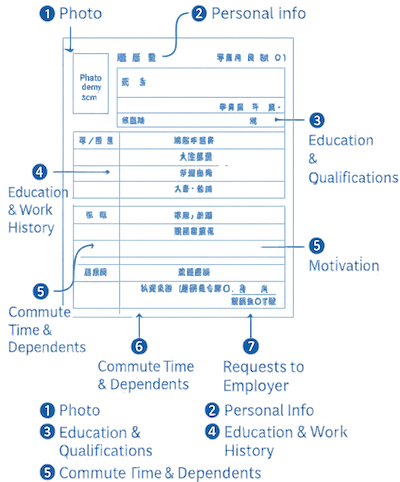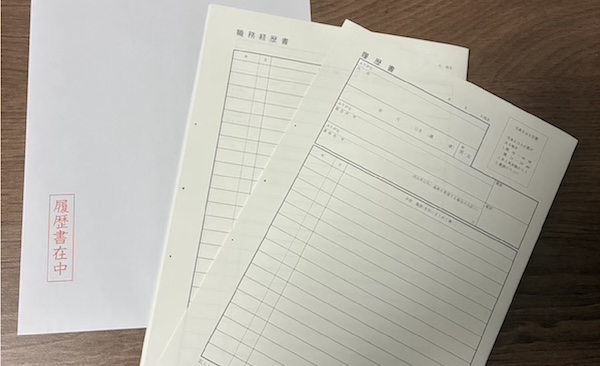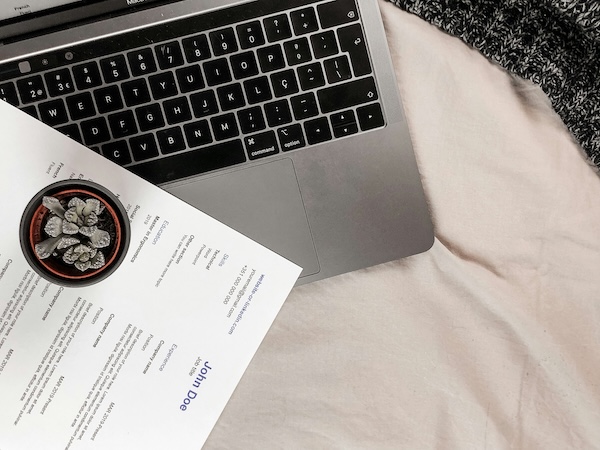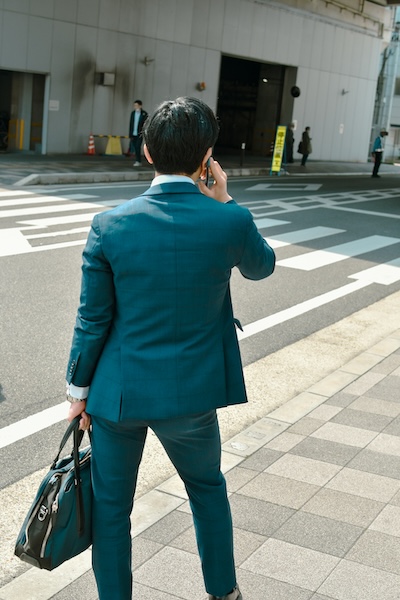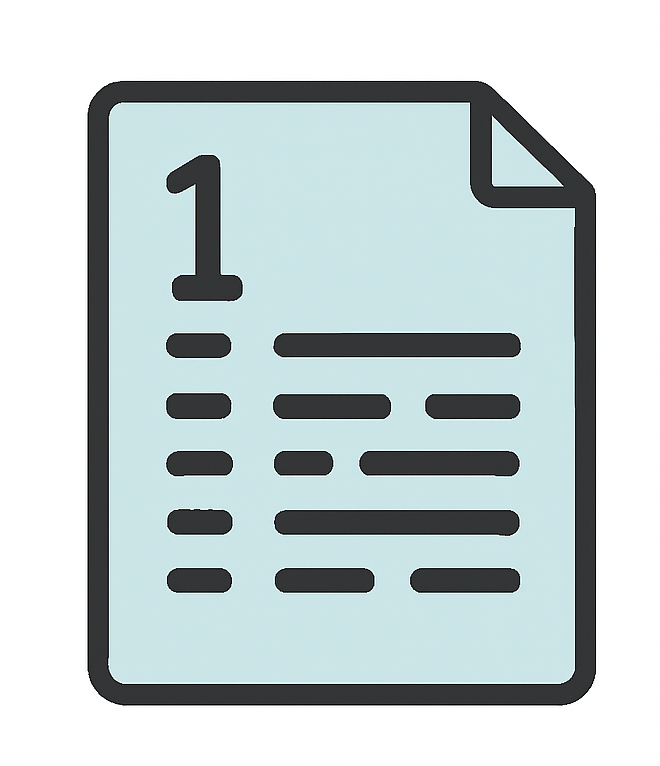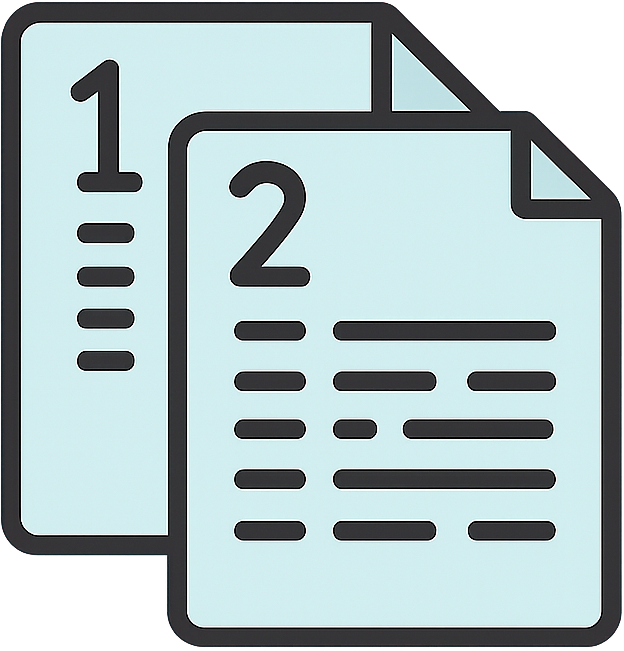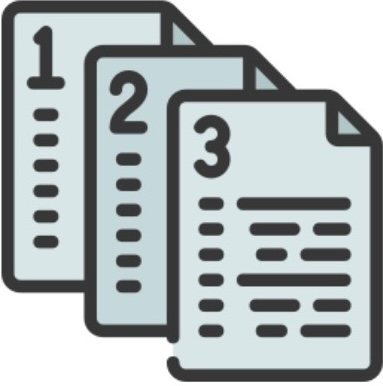1. Use Our Service to Make a Strong First Impression
The first thing Japanese employers see is your CV (履歴書) and motivation letter. If these are not in the right format, your application may be rejected immediately. With our translation and adaptation service, you can be confident that your documents meet Japanese expectations. This gives you the best possible start in your job search in Japan.
Start today: Upload your CV and let us adapt it for Japan – fast, professional, and ready for employers.
2. Understand the Japanese Job Market
The Japanese job market is unique. Many companies still use traditional recruitment methods, especially the Shinsotsu (new graduate) system. At the same time, industries like IT, engineering, language teaching, and tourism are open to foreign professionals. Knowing which fields are hiring foreigners will save you time and frustration.
3. Prepare the Right Visa
To work legally in Japan, you need a proper work visa. Common types include the “Engineer/Specialist in Humanities/International Services” visa, the “Instructor” visa, and the “Specified Skills” visa. Your employer usually sponsors your application, but you should confirm your eligibility before applying.
4. Adapt Your CV to the Japanese Format (履歴書)
In Japan, resumes are very standardized. The 履歴書 (rirekisho) must follow a fixed format, often including your photo, education history, work experience, and personal details. Unlike Western CVs, the design and wording matter less than the formality and correctness. This is why our service exists: we adapt your CV into the proper Japanese style, ready to impress recruiters.
5. Write a Japanese Motivation Letter (志望動機書)
Many employers in Japan require a short statement of purpose: why you want to join their company. This 志望動機書 (Shibō Dōkisho) is often as important as your CV. The tone must be polite, clear, and specific to the company. Our service can also translate and adapt your motivation letter to Japanese standards.
6. Use the Right Job Platforms
GaijinPot – jobs for foreigners in English and Japanese.
Daijob – bilingual job opportunities (Japanese/English).
MyNavi / Rikunabi – the largest Japanese platforms, but mainly in Japanese.
LinkedIn Japan – increasingly used by international companies.
Indeed - a very popular platform in Japan
Ninja Jobs - especially for developer jobs
Jobs in Japan - job offers in various fields
Craiglist – small jobs which rarely sponsors visa
7. Learn Business Japanese, a valuable advantage, not a requirement
While some jobs accept English speakers, most employers will expect at least basic Japanese. Aiming for JLPT N3 or higher will greatly increase your chances. For professional positions, JLPT N2 or N1 is often required. Even if you are not fluent, showing effort to learn Japanese demonstrates motivation and cultural respect.
8. Prepare for Japanese Job Interviews
Interviews in Japan are very formal. Expect multiple interview rounds, group settings, and polite rituals. Punctuality, dress code (suit), and respectful language are extremely important. Practice common questions such as self-introduction (自己紹介), strengths/weaknesses, and reasons for applying.
9. Network and Connect Locally
Many jobs in Japan are never advertised online. Networking can be key: join professional events, attend job fairs, or connect with communities of foreigners working in Japan. Building personal connections can open doors faster than applying blindly online.
10. Be Patient and Persistent
Finding a job in Japan can take time, especially if you are applying from abroad. Don’t get discouraged if you face rejections. Adapt your CV, refine your Japanese, and keep applying. Every step improves your chances of success.
